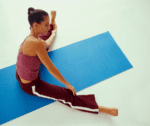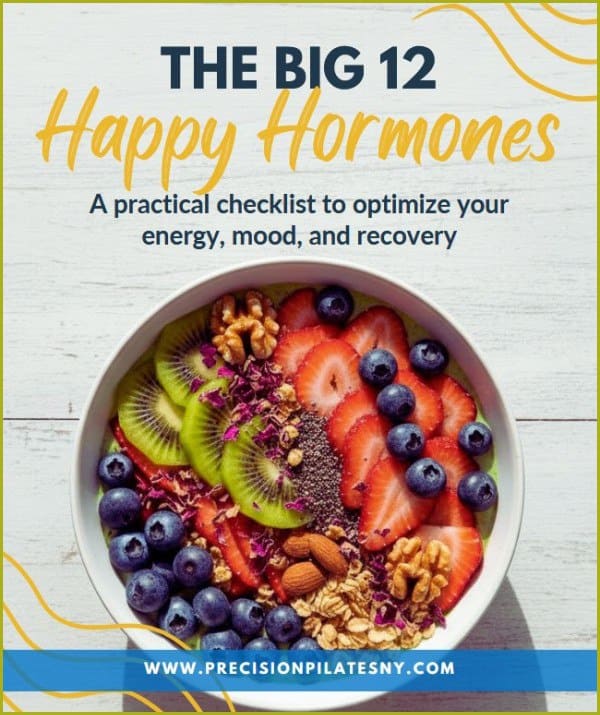
You’ve probably heard the saying, “Sitting is the new smoking” as it’s all over in the news and social media. If you are someone who sits a lot on a regular basis, you probably have felt some of the common aches and pains from all your sitting. Like an achy low back, or tight, tense shoulder and neck muscles. This reason alone brings many people (women AND men) to Pilates. But is sitting really as bad as smoking?
The answer may be YES! Sitting for long periods on a regular basis can cause muscle aches and pains. It can cause undue stress on your spinal discs. It can compress blood vessels and nerves. And the lack of oxygen from your compressed sitting position means you are not getting the oxygen your body and brain need to function most efficiently. Some studies have linked prolonged sitting with certain cancers, heart disease, and diabetes. Short of quitting your job where you sit for 6-8 hours a day, what can you do?
What Can I Do If I Have a Desk Job?
The good news is the answer is pretty easy. Movement! At Precision Pilates, we find that when our clients start taking some of the Pilates concepts and movements, and start incorporating them into their day to day life and their life at the office, they start seeing big changes in how their body feels!!

The first key in making some changes in your sitting time is awareness of what you need to change. When you are introduced to Pilates, we start off by teaching you what it means to find your alignment. And what it feels like to find that alignment in different positions. Often times, I see and hear from clients after just one or two Pilates sessions that they are starting to notice when they are tense and have their shoulders up by their ears, or when they are slouched over at work. This is a BIG thing! You can’t change what you are not aware of. So congratulate yourself when you start noticing!!!!
Once you start finding yourself aware of what your body is doing there are lots of movements you can do to continue to remind yourself of where you want to be and strengthen the muscles and muscle memory your body needs to create new habits.


